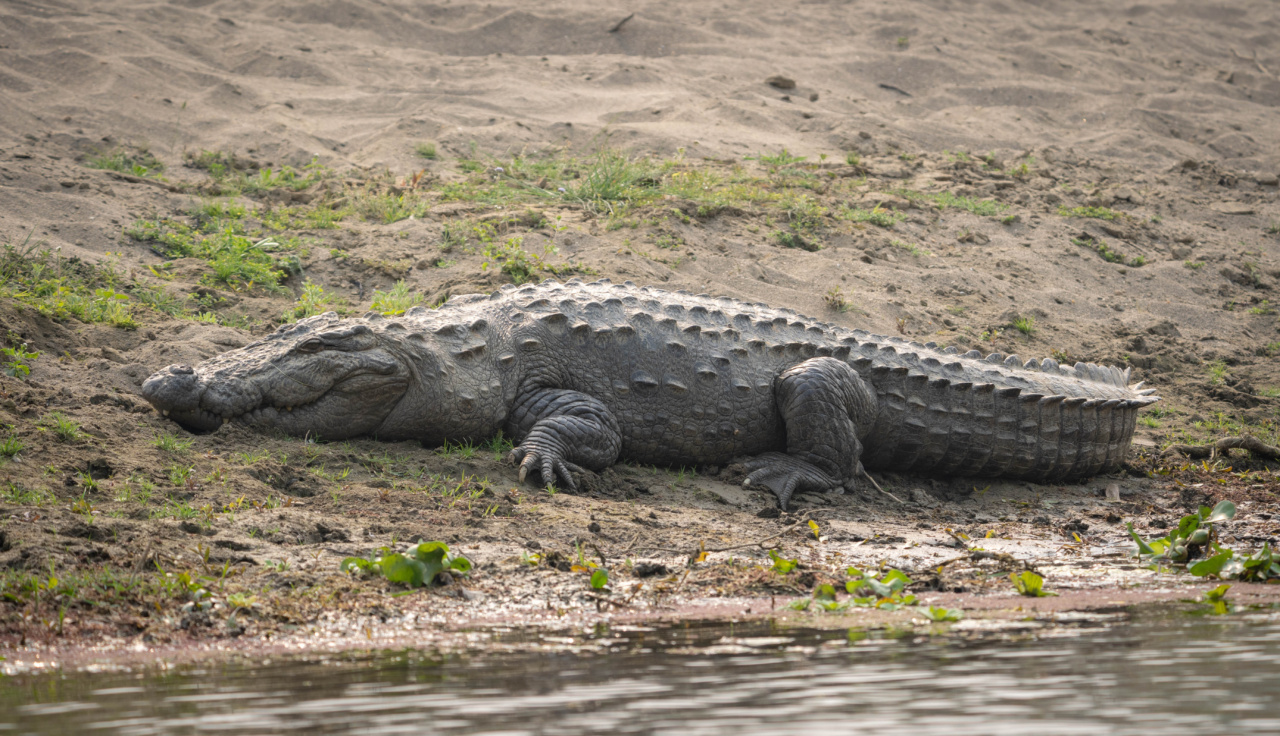Dehydration is a serious medical condition that can lead to a range of health problems. It occurs when the body loses more fluids than it takes in, and the result can be dangerous if left untreated.
Dehydration can happen to anyone, but certain individuals like seniors, athletes, and people with certain medical conditions are more prone to it. In this article, we’ll cover the dangers of dehydration and how to prevent it.
What Causes Dehydration?
Dehydration can be caused by a variety of factors, including excessive sweating, diarrhea, vomiting, urination, and not drinking enough water. Certain medications like diuretics can also cause dehydration.
When the body loses too much fluid without being replaced, it can lead to dehydration.
Symptoms of Dehydration
The symptoms of dehydration can vary depending on the severity of the condition. Mild dehydration may cause thirst, dry mouth, headaches, and dizziness.
As dehydration becomes more severe, symptoms may include rapid heartbeat, low blood pressure, and confusion. In severe cases, dehydration can even lead to coma and death.
The Dangers of Dehydration
Dehydration can lead to a number of health problems, including:.
- Heat exhaustion and heat stroke: Dehydration can occur more quickly in hot weather, leading to heat exhaustion and heat stroke. Heat stroke is a life-threatening condition that requires immediate medical attention.
- Kidney damage: When the body is dehydrated, it can’t flush out waste products effectively. This can lead to kidney damage or even kidney failure.
- Urinary tract infections: Dehydration can cause urine to become more concentrated, which can increase the risk of urinary tract infections.
- Digestive problems: Dehydration can cause constipation and other digestive problems.
- Low blood pressure: Dehydration can cause blood pressure to drop, leading to dizziness and fainting.
- Seizures: In severe cases, dehydration can lead to seizures.
- Coma and death: Severe dehydration can lead to coma and even death if left untreated.
Preventing Dehydration
The best way to prevent dehydration is to drink plenty of water throughout the day. The amount of water you need depends on your age, gender, weight, activity level, and the climate you live in.
As a general rule, aim to drink at least eight glasses of water per day. You may need more if you’re exercising or sweating a lot.
Other ways to prevent dehydration include:.
- Limiting alcoholic and caffeinated beverages, which can dehydrate you
- Eating foods with high water content, such as fruits and vegetables
- Taking frequent breaks if you’re working outside or exercising in hot weather
- Wearing light-colored, loose-fitting clothing in hot weather to help your body stay cool
- Weighing yourself before and after exercise to determine how much fluid you’ve lost. For every pound lost, drink an additional 16 to 20 ounces of water.
Conclusion
Dehydration is a serious medical condition that can lead to a range of health problems. It’s important to drink plenty of fluids throughout the day to prevent dehydration, especially in hot weather or if you’re exercising.
If you experience symptoms of dehydration, such as thirst, dry mouth, or confusion, seek medical attention immediately.































